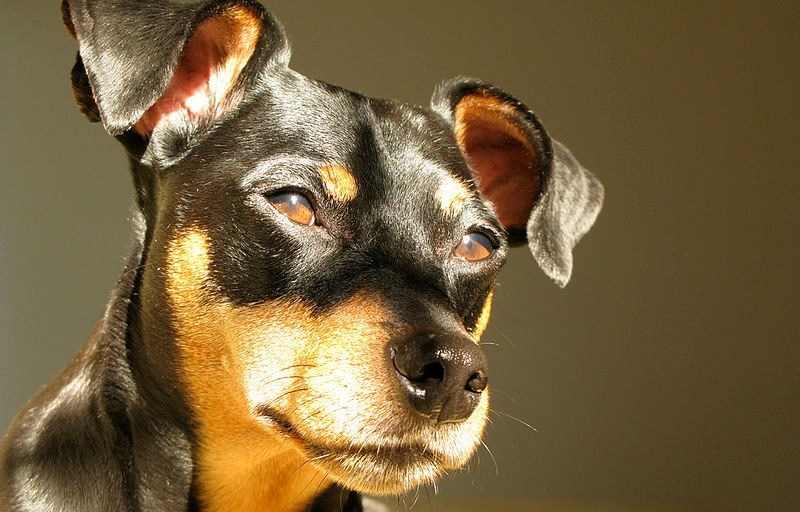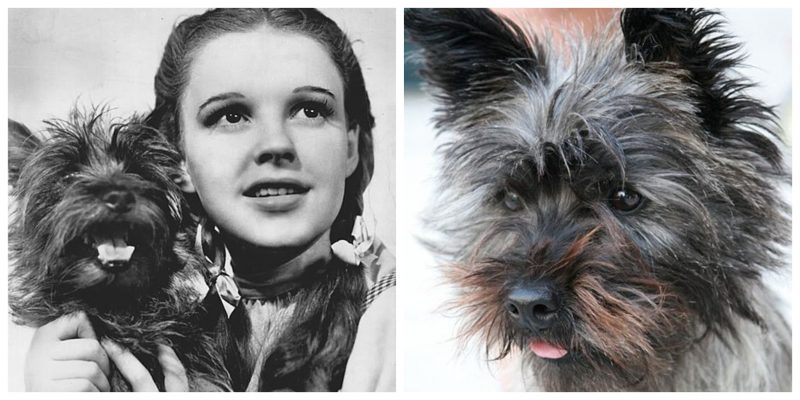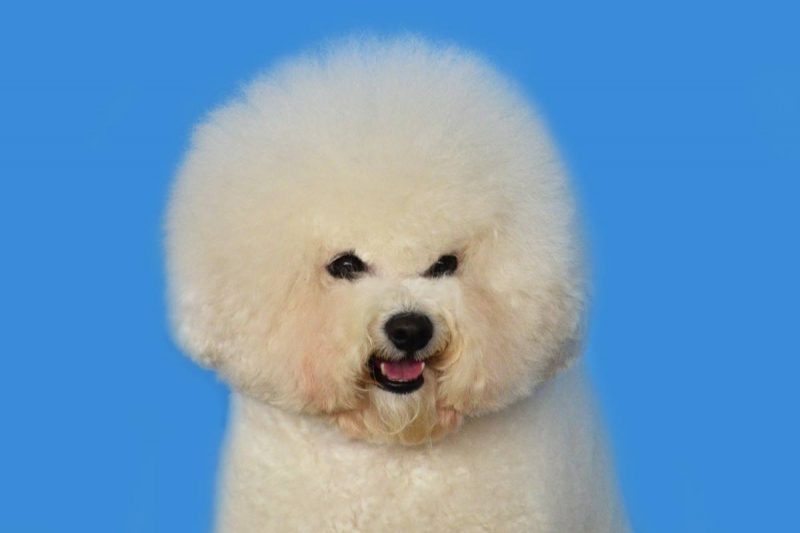People often say that the miniature pinscher resembles a shrunk-down doberman. Now, that’s technically not the case–they’re a cross of several other breeds. But there is truth in the idea of them being a little “big dog”.
Miniature pinschers’ energy, independance, personality, and confidence way outpaced their teeny tiny bodies. No wonder they’re known as the “king of toys”. For the record, that refers to their standing among toy breeds. But it could also speak to their ability to demolish any chew-thing that comes their way.
History
Like many toy breeds, the miniature pinscher was originally bred to hunt vermin in homes and on farms in Germany. As mentioned, they come from cross breeding dachshunds, German pinschers, and Italian greyhounds. While they do share a cousin (German pinschers) with dobermans–which could explain the family resemblance–their history actually reaches back a cool 200 years further.

Appearance
If you haven’t already picked up, this is a small dog. They weigh in between three and six kilos. A miniature pinscher can be solid red, stag red, black, chocolate, or blue. And yes, they look like little dobermans.
Life Expectancy
12 to 16 years.
What You’ll Love about a Miniature Pinscher
Smart: Being pretty intelligent this breed is easily trained (although their smarts can also make them stubborn).
Friendly: Miniature pinschers love people, especially their families. They’re loyal, affectionate, outgoing, and protective–they make good watchdogs.
Active: As mentioned, they combine the best of big and small dogs. One of the most active breeds, they love adventure and will happily join you on a walk or a run. But they’re also small enough to happily live in an apartment, share the couch, and not decimate your food bill.
Low maintenance grooming: With short coats these modest shedders don’t need much more than a regular brush and the occasional bath.
What You Might Find “Challenging”
Loud: Yeah, that thing we said about being good watchdogs? That goes both ways. They are frequent barkers, especially when bored. Which brings us to…
Easily bored: Being smart and active means you need to keep them physically and mentally occupied. If they run out of things to do they may start destroying your garden or escape altogether. Finding suitable fencing can be a challenge.
Common Health Issues for a Miniature Pinscher
Orthopedic issues: Like many small breeds they can have issues with patellar luxation, arthritis and Leggs-Calve-Perthes disease–which may present as rear leg lameness.
Eye diseases: They can be prone to cataracts and progressive retinal atrophy (PRA).
Epilepsy: The breed is prone to epilepsy, although it only affects about three percent of dogs and is usually controlled with medication.
Instafamous Miniature Pinschers
Thinking about getting a dog? Check out our other great articles on the topic, like:
Should You Get a Rescue Dog? How to Decide
What You Need to Know about Bringing a Dog Home for the First Time
Don’t forget to follow us on Instagram, Facebook, and Twitter. And sign up for our newsletter to get our favourite content delivered to you weekly.







